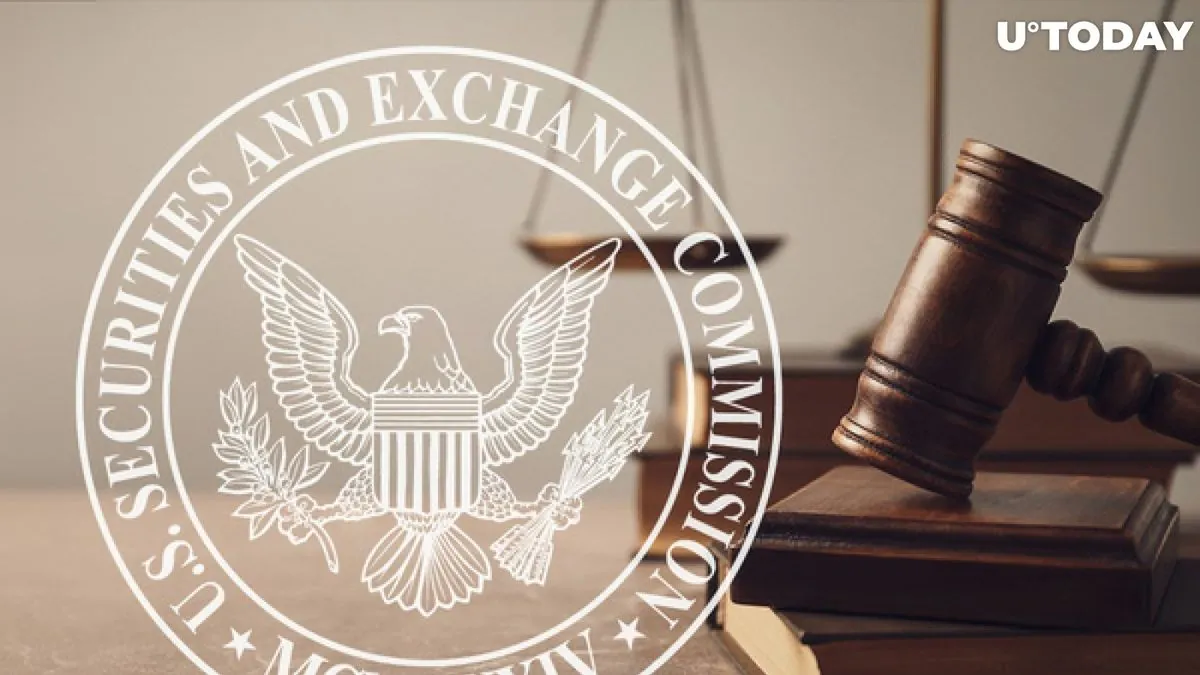Court Upholds SEC Decision to Deny Lawyer's Whistleblower Award Claim
A U.S. appeals court has affirmed the SEC's rejection of a corporate attorney's whistleblower award claim, citing failure to meet "original information" requirements and client interest considerations.

In a recent development, the U.S. Court of Appeals for the D.C. Circuit has upheld a decision by the Securities and Exchange Commission (SEC) to deny a corporate attorney's eligibility for a whistleblower award. The ruling, unsealed on August 16, 2024, highlights the complexities surrounding whistleblower claims in the legal profession.
The case stems from a 2018 enforcement action in Florida, which resulted in tens of millions of dollars in sanctions against two individuals, the attorney's company, and other entities. The attorney, whose identity remains confidential, had provided information to the SEC regarding potential fraud involving his own company.
However, the court found that the lawyer failed to meet the SEC's stringent requirements for whistleblower information to be considered "original" and not derived from legal representation of a client. This decision underscores the challenges faced by attorneys who attempt to claim whistleblower awards while balancing their professional obligations.

The SEC's whistleblower program, established by the Dodd-Frank Wall Street Reform and Consumer Protection Act of 2010, has been a significant tool in enhancing the agency's enforcement capabilities. Since its inception, the program has awarded nearly $2 billion to approximately 400 whistleblowers as of 2023. These awards can range from 10% to 30% of monetary sanctions exceeding $1 million.
John Doe, the unnamed attorney, argued that he acted in his company's interest by providing information to prevent it from committing a crime. However, the D.C. Circuit disagreed, stating, "In reporting on the suspected wrongdoing, then, Doe was reporting on his own client. Common sense therefore dictates that Doe could not have reasonably believed that he was acting in his client's best interest."
This ruling highlights the delicate balance between an attorney's duty to their client and their ethical obligation to report potential wrongdoing. The SEC has maintained that whistleblower awards for attorneys are available only in limited circumstances, emphasizing the importance of preserving attorney-client relationships.
The case also sheds light on the broader impact of the SEC's whistleblower program. In fiscal year 2022, the SEC received over 12,000 whistleblower tips, demonstrating the program's effectiveness in encouraging individuals to come forward with information about potential securities law violations.
While the attorney's claim was ultimately denied, the case serves as a reminder of the complex legal and ethical considerations surrounding whistleblower claims, particularly for legal professionals. As the SEC continues to refine its whistleblower program, cases like this will likely shape future policies and guidelines for potential whistleblowers across various professions.


































